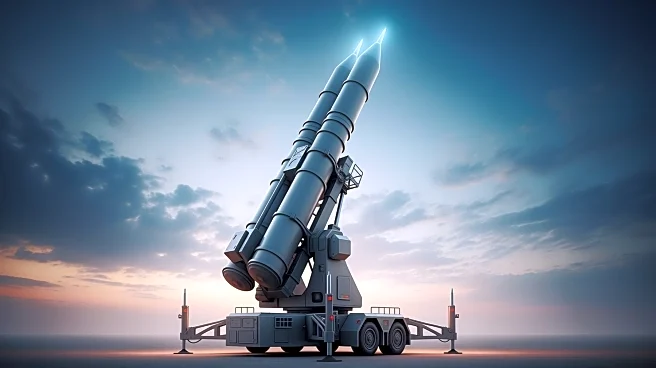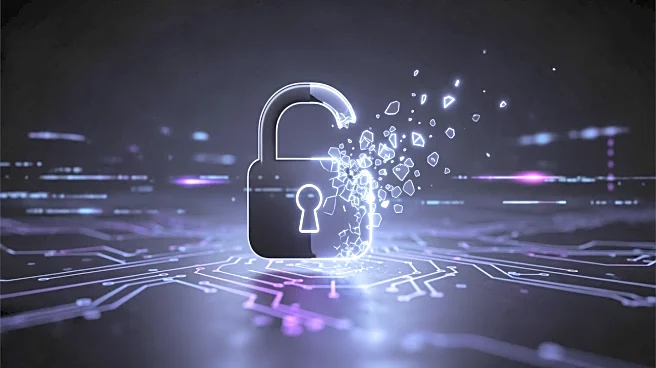What's Happening?
France has been identified as the decision-maker behind the UNIFIL peacekeepers' action to shoot down an Israeli drone in southern Lebanon. According to a diplomatic source cited by Le Figaro, the incident
occurred in Kafr Kila on Sunday. The UNIFIL peacekeeping force, which includes French personnel, was involved in the operation. This development highlights the ongoing tensions in the region, where surveillance and military activities frequently lead to diplomatic challenges. The decision to engage the drone reflects the complex dynamics between France, UNIFIL, and the involved nations, particularly Israel and Lebanon.
Why It's Important?
The incident underscores the delicate balance of international relations in the Middle East, where military actions can have significant diplomatic repercussions. France's involvement in the decision to shoot down the drone may affect its diplomatic relations with Israel, potentially leading to strained interactions. The action also highlights the role of UNIFIL in maintaining peace and security in the region, as well as the challenges it faces in executing its mandate amidst geopolitical tensions. The decision could influence future military and diplomatic strategies in the area, impacting regional stability and international cooperation.
What's Next?
The incident may prompt diplomatic discussions between France, Israel, and Lebanon, as stakeholders seek to address the implications of the drone's downing. France may need to navigate the diplomatic fallout and reassess its role within UNIFIL. Additionally, Israel might respond by reviewing its surveillance strategies and engaging in dialogue with UNIFIL to prevent future incidents. The situation could lead to increased diplomatic efforts to ensure that military actions do not escalate tensions further, potentially involving broader international mediation.
Beyond the Headlines
The decision to shoot down the drone raises questions about the legal and ethical dimensions of military engagement in peacekeeping operations. It highlights the challenges faced by international forces in balancing security needs with diplomatic relations. The incident may also prompt discussions on the rules of engagement for peacekeeping forces and the need for clear protocols to manage such situations. This could lead to long-term shifts in how peacekeeping missions are conducted, emphasizing the importance of transparency and accountability.









